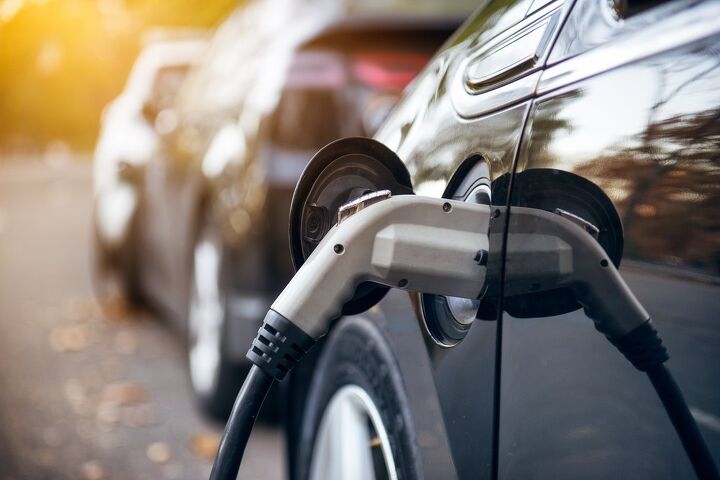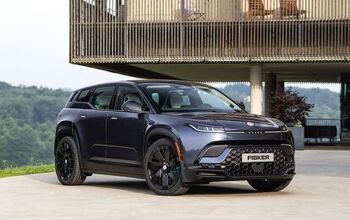Electric vs. Gasoline Cars: Uncovering the Real Climate Savior
Contrary to common misconceptions, electric vehicles (EVs) generally have a smaller carbon footprint compared to traditional gasoline cars. This advantage remains true even when considering the electricity utilized for charging EVs. One key distinction is that EVs produce no direct tailpipe emissions. However, the production of electricity for EV charging can result in carbon emissions, depending on the energy source.
The carbon pollution from electricity varies based on local energy production methods. For instance, electricity generated from coal or natural gas is associated with higher carbon emissions, while renewable sources like wind or solar energy contribute negligible carbon pollution. Despite the variance in electricity production methods, studies indicate that EVs are typically linked to lower greenhouse gas emissions than the average new gasoline vehicle.
The shift towards renewable energy sources further enhances the environmental benefits of EVs. As more renewable energy sources are integrated into the power grid, the overall greenhouse gas emissions associated with EVs can be further reduced. Notably, in 2020, renewable energy sources rose to become the second-most dominant source of electricity in the United States.
Tools to Measure Your EV's Environmental Impact
The Environmental Protection Agency (EPA) and the Department of Energy (DOE) offer valuable resources for assessing the environmental impact of EVs. The EPA's Power Profiler is an interactive tool that provides information about the electricity production mix in different regions. By entering a zip code, users can understand the specific energy sources powering their local area.
Additionally, the Beyond Tailpipe Emissions Calculator, developed by the EPA and DOE, is a user-friendly tool designed to estimate the greenhouse gas emissions from charging and driving an EV or a plug-in hybrid electric vehicle (PHEV). This tool allows users to select specific EV or PHEV models and input their zip code to compare the CO2 emissions from these vehicles with those from gasoline cars. These tools empower individuals to make informed decisions about the environmental impact of their transportation choices.
This article was co-written using AI and was then heavily edited and optimized by our editorial team.
More by TTAC Staff
Latest Car Reviews
Read moreLatest Product Reviews
Read moreRecent Comments
- Redapple2 All this BEV investment. A bigger impact (less oil consumption) would have been made if we had made PIG UP trucks smaller since 2000 and not HUGEr. (And raised gas tax by $2-3/gallon.)
- ChristianWimmer One of my clients is a company that is actually producing eFuels in Leipzig. Yes, they require a lot of energy to produce but this would not be an issue if Germany had nuclear energy or used the excess energy from wind and solar to produce these fuels. In such a scenario the energy losses wouldn’t really matter.Also, I am told that nations like Spain or the North African nations like Morocco or Tunisia could be ideal places to produce eFuels/Hydrogen due to their abundance of solar power. Again, the energy loses here would not matter since the energy used to produce these fuels is essentially “free”. If this path were pursued, Morocco and Tunisia could become wealthy nations and exporters of eFuels and Hydrogen. Countries with an abundance of solar or wind or hydro energy could be producing eFuels for their domestic consumption and export.Another argument which to me is irrelevant these days ist the poor thermal efficiency of ICE engines (25-35% gasoline, 40-45% diesel). One long trips with cruise control set to 130 km/h and even the occasional venture into the 180-200 km/h zone, my fully loaded (with my gear) A250 (2.0 4-cylinder 224-hp Turbo) can achieve an impressive gas mileage of 6 L / 100 km. That’s phenomenal - I am looking at six 1 liter bottles of water right now and that’s all my car needs to travel 100 km… amazing.So, I am a supporter of eFuels. I love internal combustion engines and if we want to use them in a climate neural way, then eFuels are a must. Also, to me every ICE car is way more sustainable and longer-lasting an an EV. Mazda, Toyota etc. are making the right move IMO.
- Blueice Once you infuse governmental unit regulation & [marketing] and taxpayerfunding, one knows quite well, dat the product or service isdestine to fail; which includes battery vehicles. Just axe yourself how revolutionary have your home batterydevices become ??? I am still waiting. after three decades, for a battery shaver whichonly requires charging two or three times per year.I am glad that I do not have a plug in Frau.
- Tassos Such a heavy breadvan on stilts, with so much HP, AND with ONLY 100 KWH Battery, I doubt if you will ever see 250 miles, let alone 300, under the best of conditions. In the winter, count on 150 miles range.And NO, it looks TERRIBLE. The only SUV that looks great is the RANGE ROVER.
- Tassos They sure are doing the right thing in the SHORT and MEDIUM term.As for the long term, in the long run, YOU'LL ALL BE DEAD, so WHO CARES.


































Comments
Join the conversation